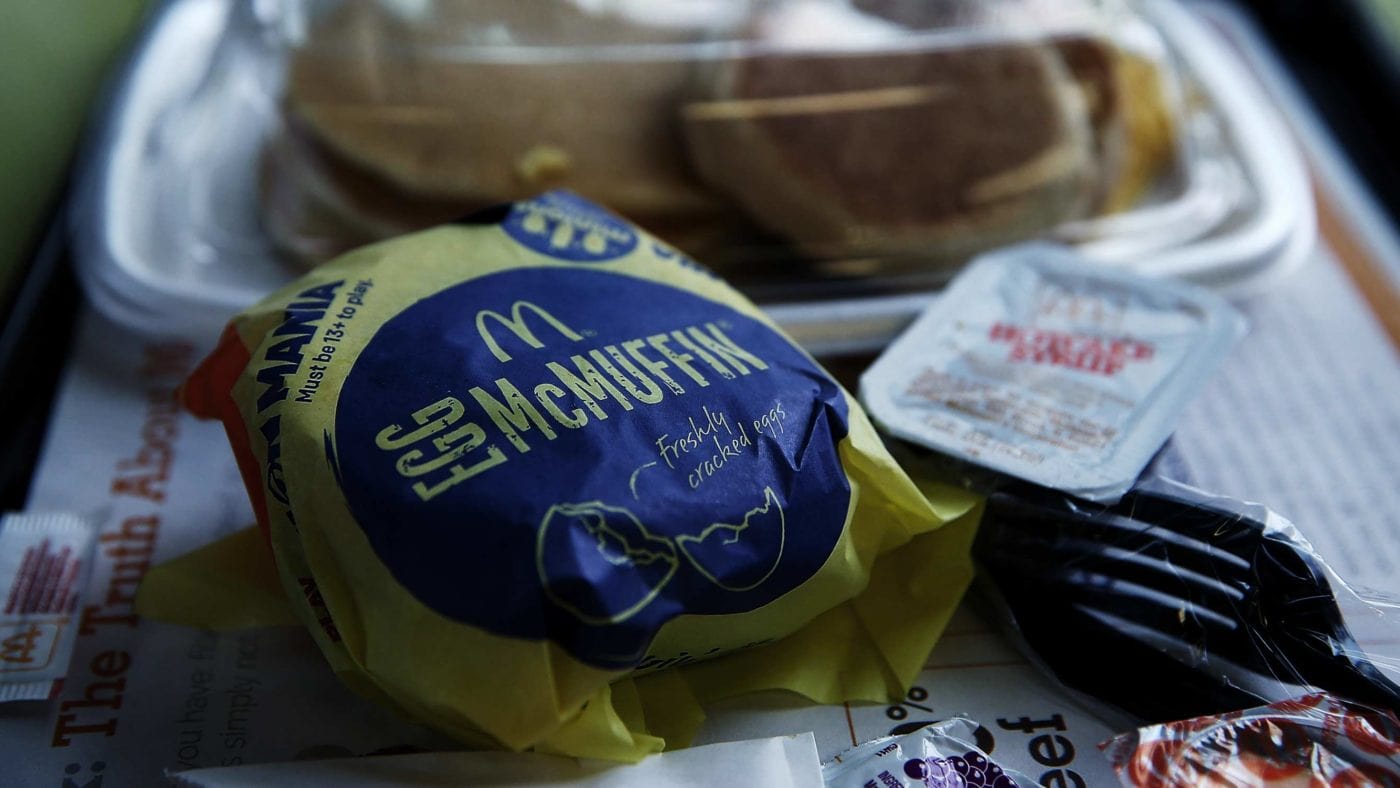As political scandals go, it wasn’t exactly Watergate.
Rishi Sunak’s faltering campaign for the Tory leadership was dealt another blow this week when it emerged his supposed go-to McDonald’s breakfast order had, in fact, been taken off the menu two years ago. Cue reams of stories about this important ‘gaffe’, and a hasty response from Team Sunak that he hadn’t been to the fast food chain for some time due to, y’know, running the Treasury. (To make matters worse, the former Chancellor then fluffed his lines when asked about what his football team, Southampton, needed to do to turn their fortunes around. ‘Beat United this weekend!’ came the reply – except the Saints were playing Leicester.)
There’s a rich and entertaining history of politicians coming a cropper with this sort of thing, particularly when it comes to food. From presidential candidate George McGovern ordering a glass of milk with a kosher hot dog, to Donald Trump using a knife and fork to eat KFC, David Cameron forgetting which football team he’s meant to support, and Ed Miliband gurning his way through a bacon sandwich (an incident which now has its own Wikipedia page). Even when politicians do act authentically, they risk getting hauled over the coals, as Finnish PM Sanna Marin found out this week after being filmed partying with friends, then taking a drug test to prove she had been high on nothing more than life itself.
Utterly frivolous though all of these stories are, the ever-increasing volume of this kind of coverage is part of a trend that is actually very important. As our editor-in-chief describes in his Sunday Times column today, the frenetic intensity of 24-hour, social media-driven news means ministers and press offices are in a constant state of flux, putting out responses to dozens of stories in a very limited timeframe. Fail to do so and you risk your opponents turning it into a story about ‘deafening silence’.
That has particularly been shown up in this interminable leadership contest, when there have been six weeks of empty air for the candidates to fill. We got the nitty gritty of tax cuts, energy bills and inflation out of the way in the first few weeks, so now we’re on to discussing what the candidates’ favourite food is.
All of these ‘gaffes’ and mis-steps are also what happens when politicians lean into what I’ve previously called the ‘relatability fallacy’ – the idea that what the public really want to see is their elected representatives doing just the sorts of things they do. But there’s really not much evidence that voters actually care that much whether their leaders can toss back pints or know their way around a fast food menu. After all Winston Churchill was as ‘out of touch’ as they come in terms of his personal background – literally born in a palace – but is idolised like no other British politician.
Then again, sometimes frivolous personal stories can be instructive. If more of the public had known that a young Jeremy Corbyn used to down a can of cold baked beans for his ‘dinner’, perhaps they would have sent him packing a bit sooner.
Click here to subscribe to our daily briefing – the best pieces from CapX and across the web.
CapX depends on the generosity of its readers. If you value what we do, please consider making a donation.


